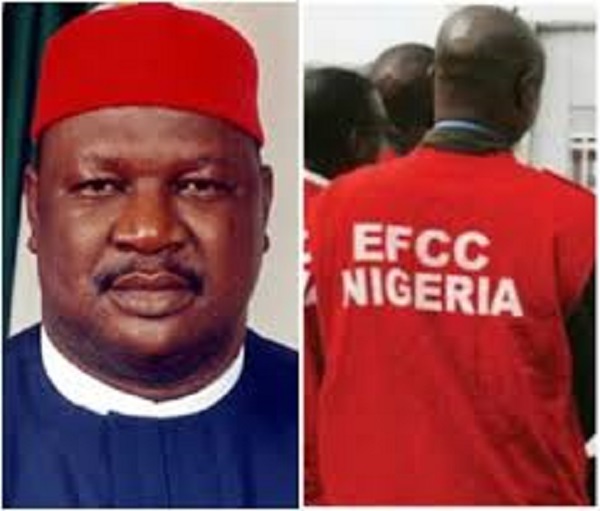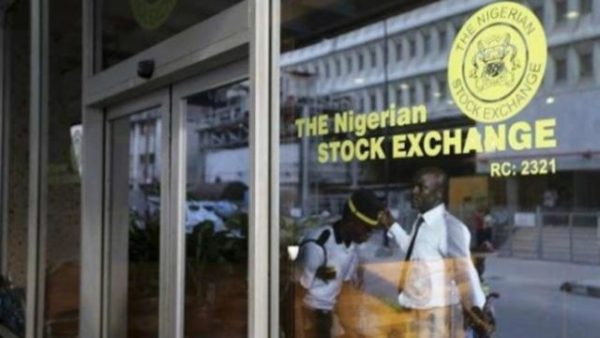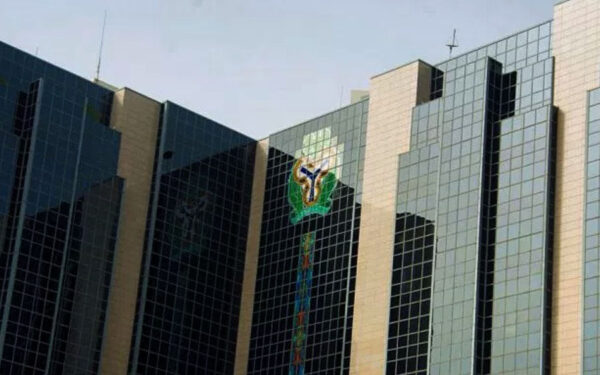RMAFC Wants VAT Raised To 10%
The

Revenue Mobilisation Allocation and Fiscal Commission on Thursday called on the Federal Government to raise the rate of the Value Added Tax from the current five per cent to between 7.5 per cent and 10 per cent.
It said the need to increase the VAT rate was born out of the conviction that the nation could not continue to rely on oil revenue when it had other sources of raising funds to finance its activities.
The Chairman, RMAFC, Mr. Shettima Gana, who said this at a national revenue retreat, said the increase in VAT rate would help the government improve the country’s revenue base.
Gana, who spoke on strategies to expand the revenue base of the government and new sources of revenue generation, lamented that Nigeria’s current VAT rate of five per cent was one of the lowest in the world.
Backing his argument with statistics, the RMAFC boss said South Africa currently had a VAT rate of 14 per cent, while Togo, Senegal, Guinea and Chad all charged 18 per cent as VAT on goods and services.
Niger Republic, he added, had a VAT rate of 19 per cent, adding that the tax was a high revenue-yielding instrument that could be used to raise funds to finance the expenditure of government.
Gana said, “Current tax rates, charges and fines should be reviewed upward. One of such rates is the VAT rate. In fact, Nigeria’s VAT rate is known to be among the lowest in the world.
“An upward review from the current five per cent to between 7.5 per cent and 10 per cent is therefore recommended to increase its yield.”
The Minister of Finance, Mrs. Kemi Adeosun, said the Federal Government had identified over 1,000 revenue lines apart from oil, from which adequate revenue could be generated to fund its activities.
She noted that such huge dormant revenue opportunities would be maximised by the government.
Adeosun said with oil accounting for just 13 per cent of the country’s Gross Domestic Product, there was a need for the government to think of other ways of raising revenue from non-oil sources.
She explained that while other countries were generating huge revenues from agencies like passport offices, vehicle licensing centres, airport authorities and ports to fund the operations of government, the historical contributions of such agencies in Nigeria had been sub-optimal.
The minister said, “The administration has started the process of maximising our revenues with a number of initiatives. The most important change introduced is a reorientation in the thinking about public money. Making every naira count is a commitment and a policy focus and not a slogan.”







